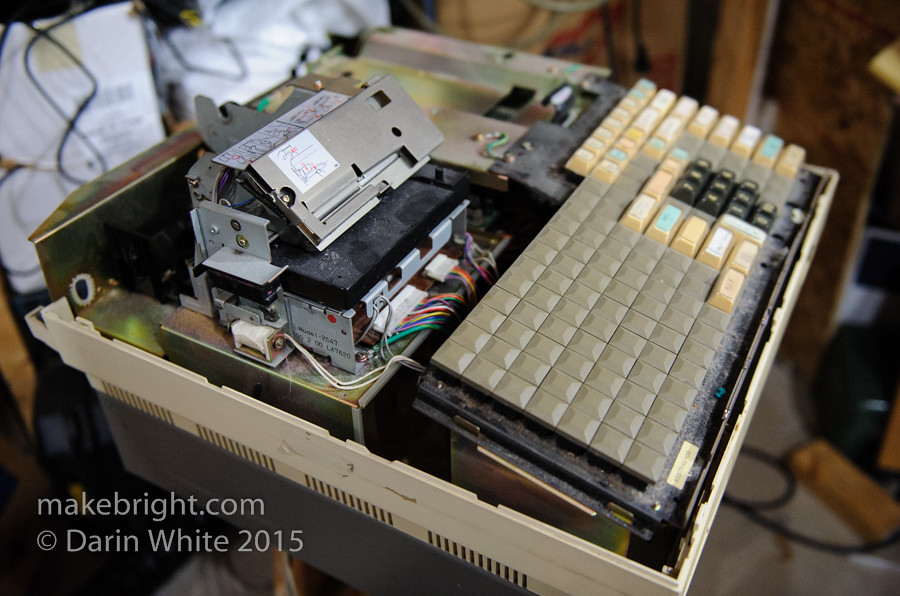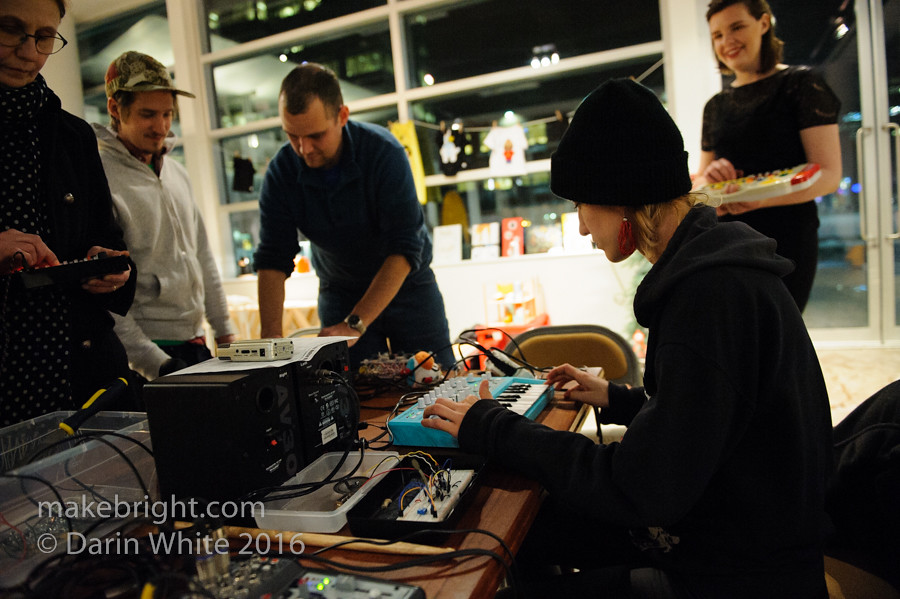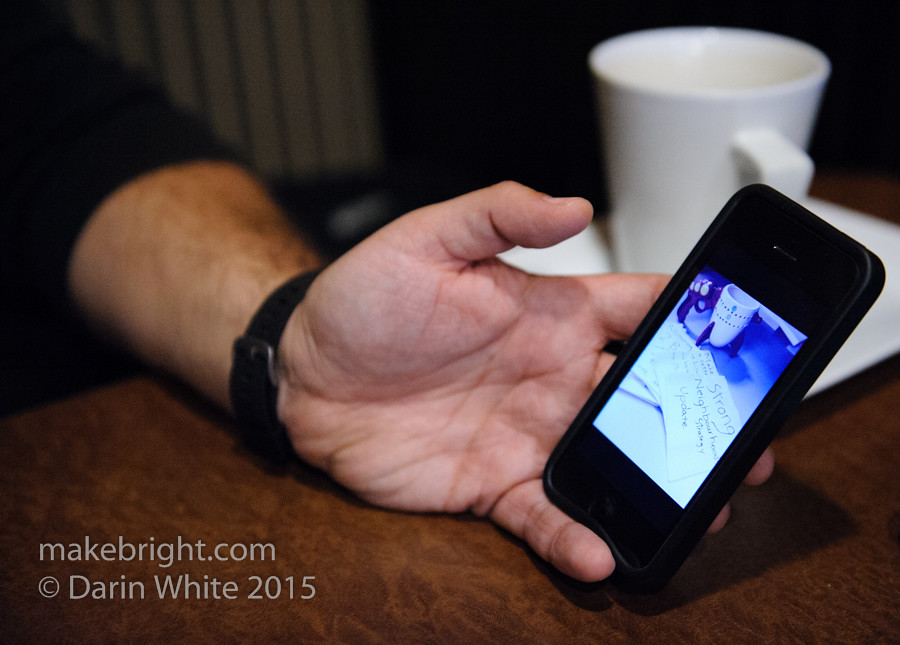
I first became aware of author/blogger/activist Cory Doctorow in the web comic xkcd some time in the previous decade. What a perfect way to learn about someone. I pulled on that thread which got me started reading (since lapsed) the blog Boing Boing where Doctorow writes along with Mark Frauenfelder et al. It really blew my hair back when Doctorow, walking his talk on sane copyright evolution, released his (then) next book on the net for free under Creative Commons with no DRM. I learned he had taken this approach from the beginning of his career. So I downloaded his book, and yeah, it was all there. 
Doctorow dropped by UW on Friday night from his now-home in L.A. and I went to hear his talk. More on that in a moment, but first: if you like what you read here, please consider supporting this community-building work with your pocket change. I’m no book-writin’ author, but I’ve been putting out this work for you for six years for free. I’ve been operating under a vague notion that if I take care of the community, then the community will take care of me. That’s not yet covering the $300+/wk grocery bill, but it’s starting to work. My new Patreon supporters this week who decided to be awesome (as Jesse Brown says) are a hat-trick of J’s: Jon Johnson, James Bastow, John Collinson and my pal Agnes Niewiadomski. Big thanks! Ok, back to the story…
Honestly, my first simple-minded reason to attend this talk was “Holy shit, Doctorow is giving a free talk only 2km from my house.” Let’s call this the Famous Person Motive. Actually, the FPM is just the straw that kicks the camel loose from the corral. I’m less interested in fame and more interested in what someone has to say. In person. So, alone I went on a rainy fall Friday night fueled with optimism.
The meal-sized reason I went to this talk was because Doctorow is working on solutions to a phenomenon that is freaking me the hell out. Increasingly, you don’t own the stuff you buy, you’re renting it. Example: my Honda Accord has some woefully buggy software in it. It randomly dumps all my contacts, turns off Bluetooth and features a voice recognition system that apparently hasn’t improved since the early ‘90’s. N-number of service appointments and “software updates” later: same behaviour. And I can’t, as a maker, take control of this situation because
#1 I don’t have the source code for my car and
#2 there are intentional system locks in the car I paid for that prevent me from fixing my car and #3 there exists in many jurisdictions some nutty legislation that makes it criminal for me to even try to understand and share how my car works, let alone patch it. This is generally and somewhat euphemistically called Digital Rights Management or DRM.

I’m increasingly sensing this disturbance in the make-o-sphere, the effect of which is putting a chilling damper on our ability to understand the world in which we live. We’re not legally allowed to understand how our electronics work. We may not refill cartridges for our inkjet printers. We may not fix our cars. The new business model is recurring revenue by shackling consumers to the corporate mothership under the pretense of offering them extra value and/or safety and under the threat of legal prosecution for going your own way. It’s whacked and it must change before we descend completely into maker atrophy.
The photo above of an electronics tear-down? That’s how I partied the night before this talk. I salvaged that 1980’s-era cash register from a local dumpster ten years ago (no smiling, TDL, and thanks for catching it as I pushed it over the wall from the inside). The kids loved playing with it when they were younger and now before it goes back into the river of e-waste, I want to salvage and repurpose two parts of this: the receipt printer and the vacuum fluorescent display. That requires the very skills and curiosity that are being snuffed out by this prevailing and ill-advised prohibition on tinkering (and I rarely use that word). Last year I reverse engineered some CNC machine shop tools at our local high school to reanimate them after a decade of stasis. The manufacturer had gone out of business leaving the tools like alien technology: looks cool, but how to make it go? There’s a lot of value in being capable and resourceful in this domain, not just at the individual and community level, but as a country. So here’s the bigger problem…
Continue reading →
















